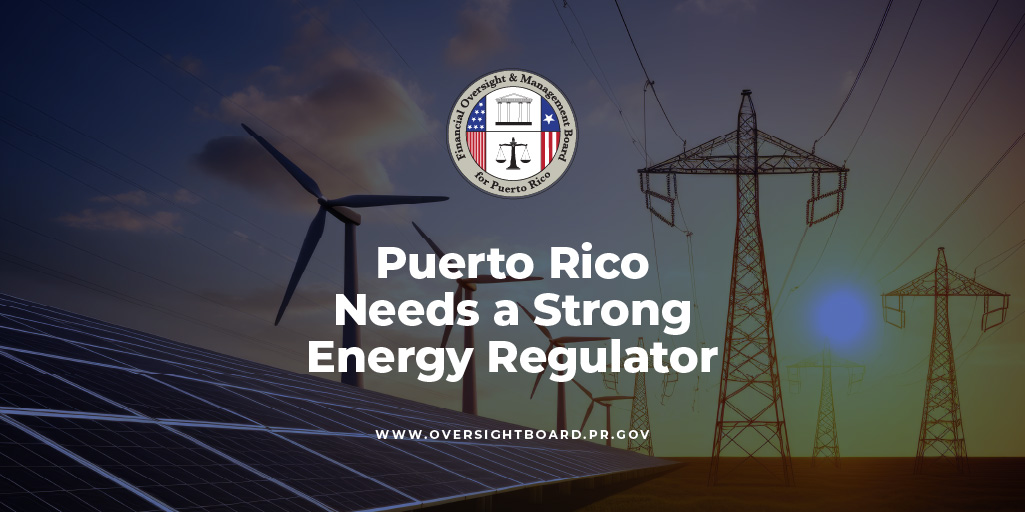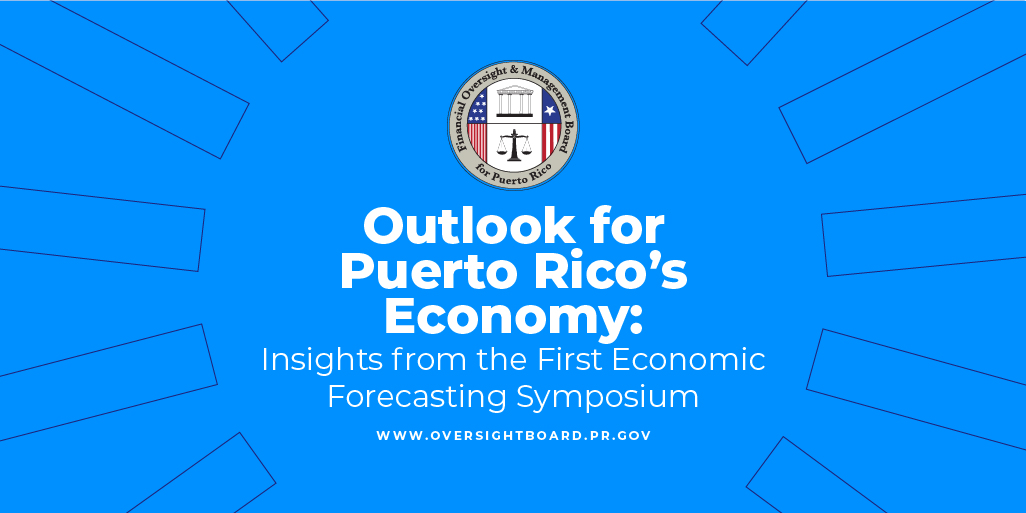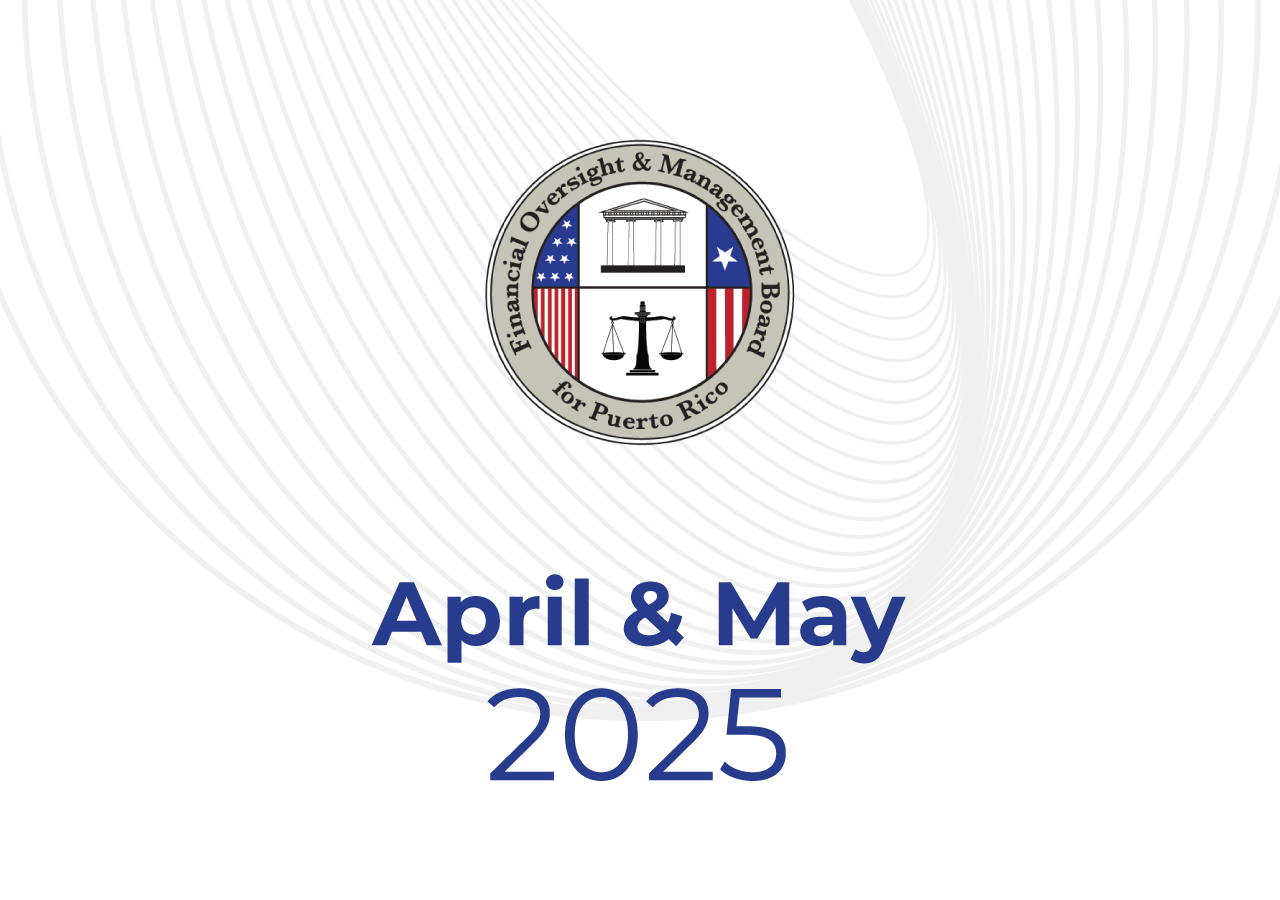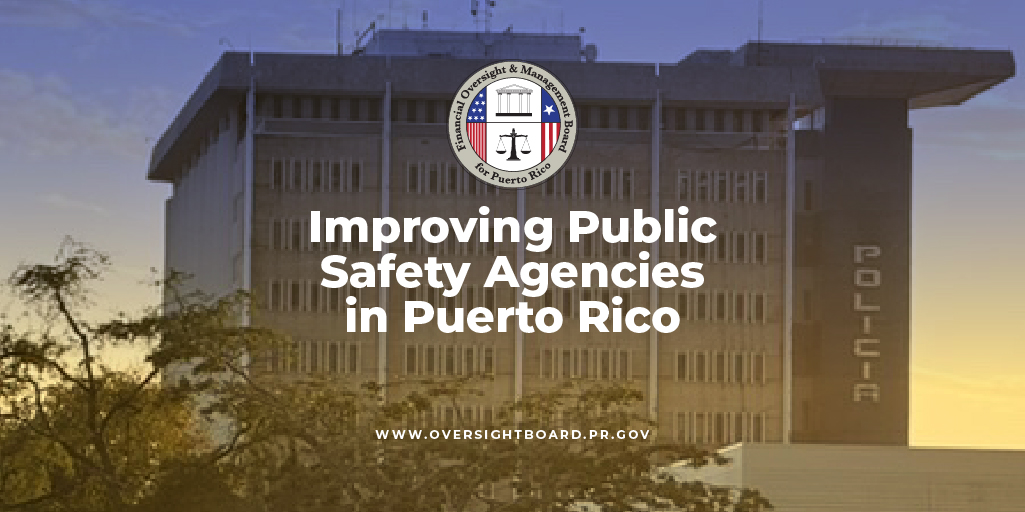The cornerstone of an effective energy sector is a politically independent, and sufficiently funded energy regulator. The Puerto Rico Energy Bureau (PREB) is such a regulator. Among its most important duties is to monitor utilities and contractors, set electricity rates, and ensure the most effective way to generate energy. PREB is also an important element of increasing transparency.
PREB was created in 2014, but the transformation of Puerto Rico’s energy system defined by Act 17-2019 and the Fiscal Plan for the Puerto Rico Electric Power Authority (PREPA) the Oversight Board certified gave PREB more heft. It increased funding to ensure effectiveness and true independence.
Why is that so important? Before PREB was a powerful regulator, PREPA, a government owned monopoly, made important business decisions, including how to spend money and how to set electricity rates, based on what the government wanted rather than what customers needed. That did not serve Puerto Rico well. PREPA systematically ignored necessary investments and deferred maintenance of the electric system and focused on reacting to problems rather than proactively preventing them. Politically motivated, arbitrary decisions contributed to PREPA’s bankruptcy. As a result, the island’s electrical system became outdated, unreliable, and prone to breakdowns –a reality the residents of Puerto Rico are still dealing with today.
One example of PREB’s role is to determine the costs and benefits of net metering. This program can be an effective way to encourage individual consumers to invest in green energy and therefore require careful study and calibration by an experienced regulator insulated from the political influence that compromises the objective evaluation of the policy.
However, the Legislative Assembly passed, and the Governor signed Act 10 of 2024. This law would impair PREB’s independence.
The Government had tasked PREB with conducting a study of Puerto Rico’s current net metering and energy distribution policy, and to implement any changes to PREPA’s net metering structure it deems appropriate based on the results of the study.
Act 10 suspends this schedule, requiring PREB to redo its net metering and energy distribution study – but not until January 2030. Act 10 further specifies that PREB may not change the current net metering structure until the study is completed, and then provides that any changes can only take effect 12 months after PREB decides to make any such changes.
That means, Act 10 mandates that the current net metering structure remain in place until at least 2031, and likely much longer. Act 10 reflects not only a concerning departure from the Government’s policy and the Fiscal Plans’ requirement regarding the need for PREPA to be managed by an independent, experienced regulator, but also a vivid illustration of its vital importance.
Prior to the enactment of Act 10, PREB was set to make changes to the net metering program based on the results of a comprehensive study that would be subject to public comment and would consider a number of key factors and implications of the program, including costs.
Under Act 10, the Government abruptly decided, without public hearings or the benefit of any study, to mandate the current net metering program remain in place. This type of interference in the management of PREPA is one of the root causes of its current challenges, which is precisely why the Government created PREB and why the Fiscal Plans mandate PREPA be regulated by an independent regulator.





